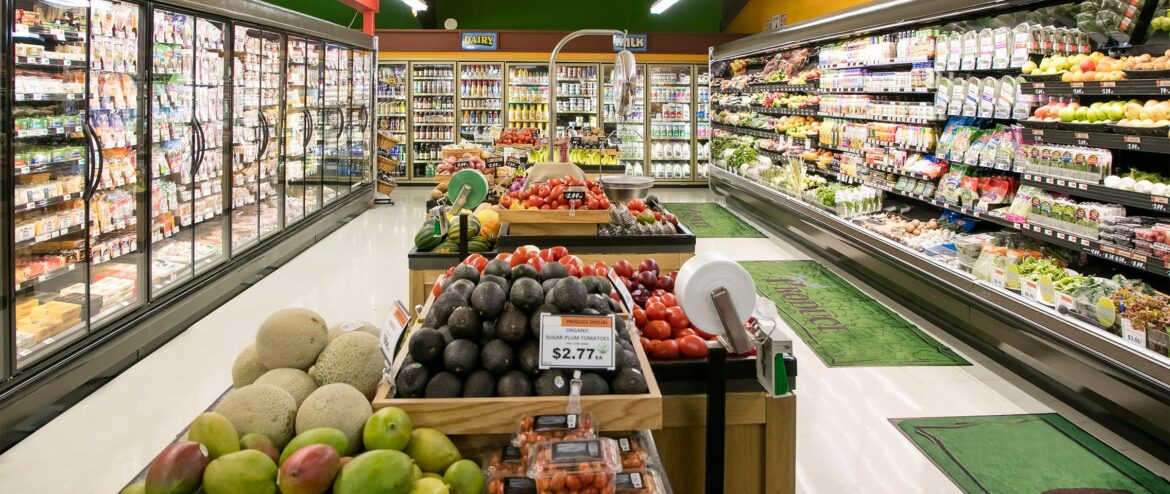Supermarket tactics expert says can bump up your grocery bill
As people battle to cut grocery bills amid the ongoing cost-of-living crisis, a marketing expert issued a warning about supermarket tactics that prompt bigger spending.
Professor Nitika Garg from the School of Marketing at UNSW Business School says the current high cost of living is causing consumers to be more price-conscious.
“With the cost-of-living crisis soaring, it would be in the interest of consumers to shop at different stores to get the best deals, if they have the time,” she said.

“You could go to one shop to get your meat and then another to get your veggies because you as a consumer have taken the time to research and know where the best and cheapest products are.”
However, most consumers won’t have time to complete multi-store shopping.
And shops know how to take advantage.
“As a result, supermarkets give consumers ‘cues’, which might make it look like a product is on a deal,” Garg said.

“A lot of the tactics are based on getting the consumer in, because once they’re in, they will likely end up buying a lot more than they expected.”
Another supermarket tactic is the “loss leader” concept – where supermarkets will tempt people in with an attractive deal and bet on them doing the rest of the shop there.
Garg also cited “locked-in deals”, where a supermarket advertises a capped price on a product – which can often be the same as the original price.
Stores also prepare their layout carefully, with staple foods such as milk and bread usually far apart and at the back of the store, meaning customers have to spend more time looking around.
In the US at least, trolley sizes are also getting bigger, prompting a subconscious worry in the customer that they aren’t buying what they need.
UNSW even pointed to supermarket music, saying the “calming” song choices encouraged people to stay longer.
Store deals along the lines of “two for the price of one” or “buy two get one free” can also be a trap, particularly for items with shorter expiry dates.
People are advised to check the original price on a product thus advertised, to see if the deal really is that good.
“If consumers are more aware of these tactics, they can be more mindful of where they want to rely on these and where they want to be wary of such tactics,” Garg said.
“It’s also important to note that this is not just relevant to in-store supermarket shopping. Online shoppers should be wary of similar tactics too.”








